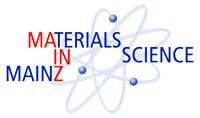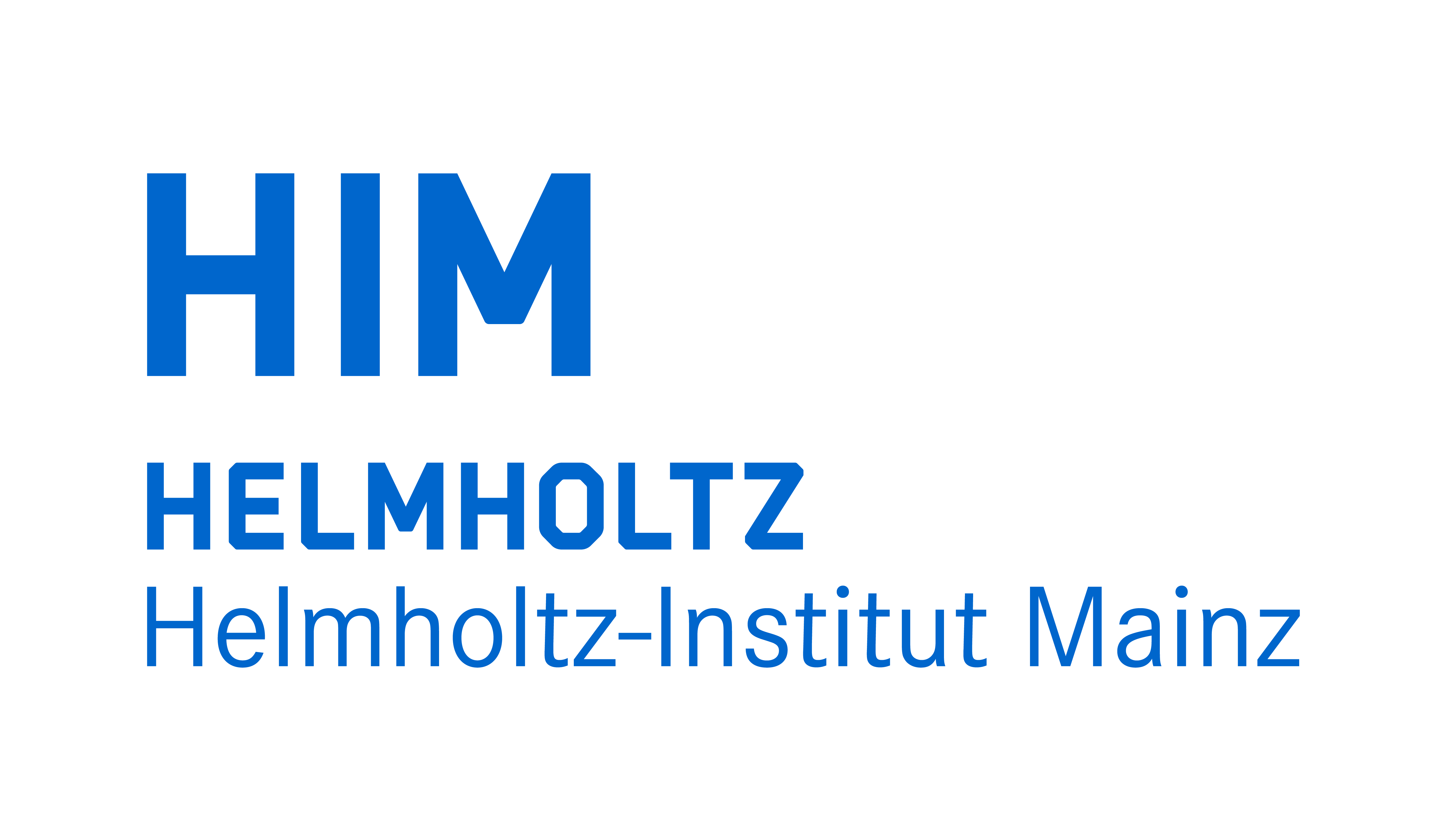


Physikalisches Kolloquium
April 17, 2012 at
5 p.m. c.t.
in
Hörsaal des Instituts für Kernphysik, Becherweg 45
Prof. Dr. Friederike Schmid
Institut für Physik
friederike.schmid@uni-mainz.de
Prof. Dr. Hartmut Wittig
Institut für Kernphysik
hartmut.wittig@uni-mainz.de
Optics beyond the Abbe Limit: Farfield Light Microscopy@1/100 λ Resolution
Prof. Dr. Christoph Cremer (Institute of Molecular Biology, IMB, Mainz; Institute of Pharmacy&Molecular Biotechnology, and Kirchhoff Institute of Physics (KIP), University Heidelberg)
For about a century, the limits of optical resolution have been set to about half the wavelength used for imaging, corresponding in far-field light microscopy to ca. 200 nm in the object plane (600 nm along the optical axis). Presently, three principal “nanoscopy” families to push the resolution beyond these limits have been established: “Nanoscopy” based on highly focused laser beams; nanoscopy based on Structured Illumination Excitation (optical lattices); and nanoscopy allowing “superresolution” even in the case of homogeneous illumination. With such novel techniques, it has become possible to analyze the spatial distribution of fluorescent molecules on surfaces and in biostructures with a greatly improved lightoptical resolution, down to a few nanometer corresponding to 1/100 of the exciting wavelength, and with single target/molecule localization accuracies down to a few Angstrom. The lecture will give an overview on the Physics of lightoptical resolution enhancement and present some application examples, ranging from the biophysics of nuclear genome structure to the imaging of individual virus particles.